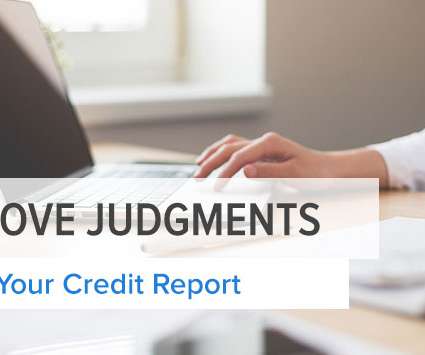What is a Judgment?
Credit Corp
JUNE 3, 2020
This includes opening a credit card account, getting a line of credit from your bank and obtaining financing for a big purchase. Common methods include wage garnishment , property attachments and property liens. A consumer law attorney can help you understand your state’s laws on judgment collections.




















Let's personalize your content